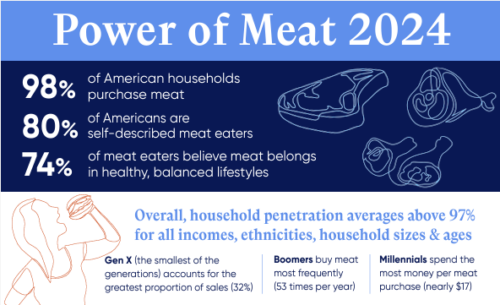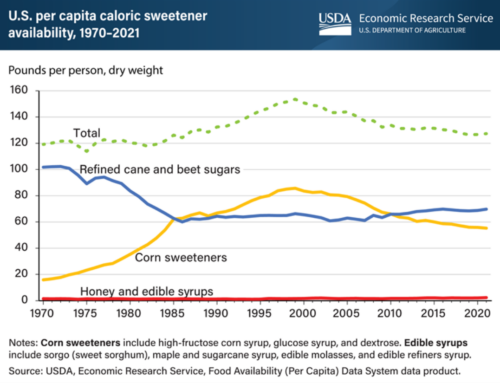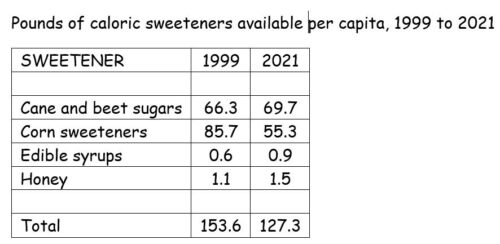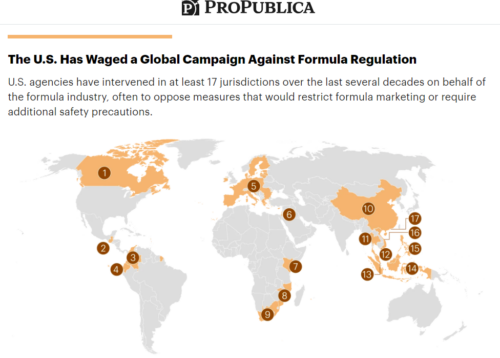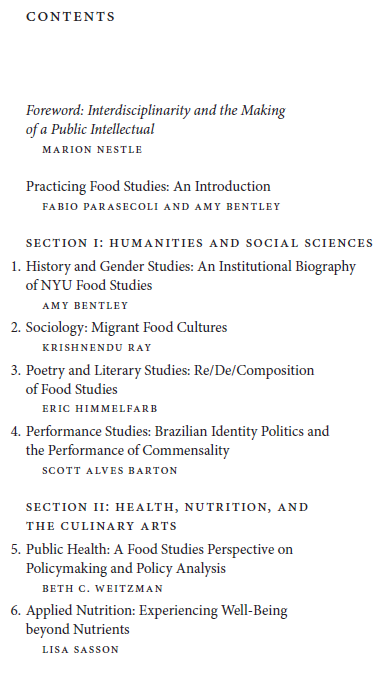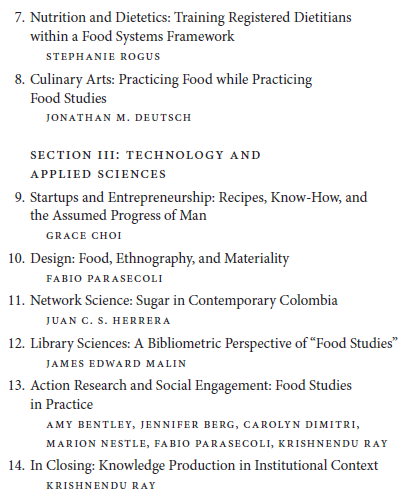Industry-funded study of the week: another rare exception (cocoa)
As I pretty much demonstrate every Monday, industry-funded studies almost invariably produce results favoring the sponsor’s interests.
But here we have a rare exception to the rule:
- The study: Effect of cocoa extract supplementation on cognitive function: results from the clinic subcohort of the COSMOS trial. The American Journal of Clinical Nutrition,Volume 119, Issue 1, January 2024, Pages 39-48.
- Objective: “To test whether daily supplementation with CE, compared with placebo, produces better cognitive change over 2 y.”
- Conclusions: “Among 573 older adults who underwent repeat in-person, detailed neuropsychological assessments over 2 y, daily CE supplementation, compared with placebo, showed no overall benefits for global or domain-specific cognitive function. Possible cognitive benefits of CE among those with poorer diet quality warrant further study.”
- Funding: The Cocoa Supplement and Multivitamin Outcomes Study (COSMOS) is supported by an investigator-initiated grant from Mars Edge, a segment of Mars dedicated to nutrition research and products, which included infrastructure support and the donation of study pills and packaging. Pfizer Consumer Healthcare (now Haleon) provided support through the partial provision of study pills and packaging.
Comment: Why anyone would think that cocoa extract would have any efffect at all on cognitive function is beyond me, but I, in sharp contrast to Mars, am not trying to sell cocoa extract or convince anyone that M&Ms are a health food. But, as seems invariably the case, the investigators did give Mars a small break in favorably finding “possible” cognitive benefits of cocoa extract for people eating terrible diets. My prediction: further studies will not find benefits of cocoa extract—or M&Ms—on cognitive function even though eating M&Ms can be lots of fun.

